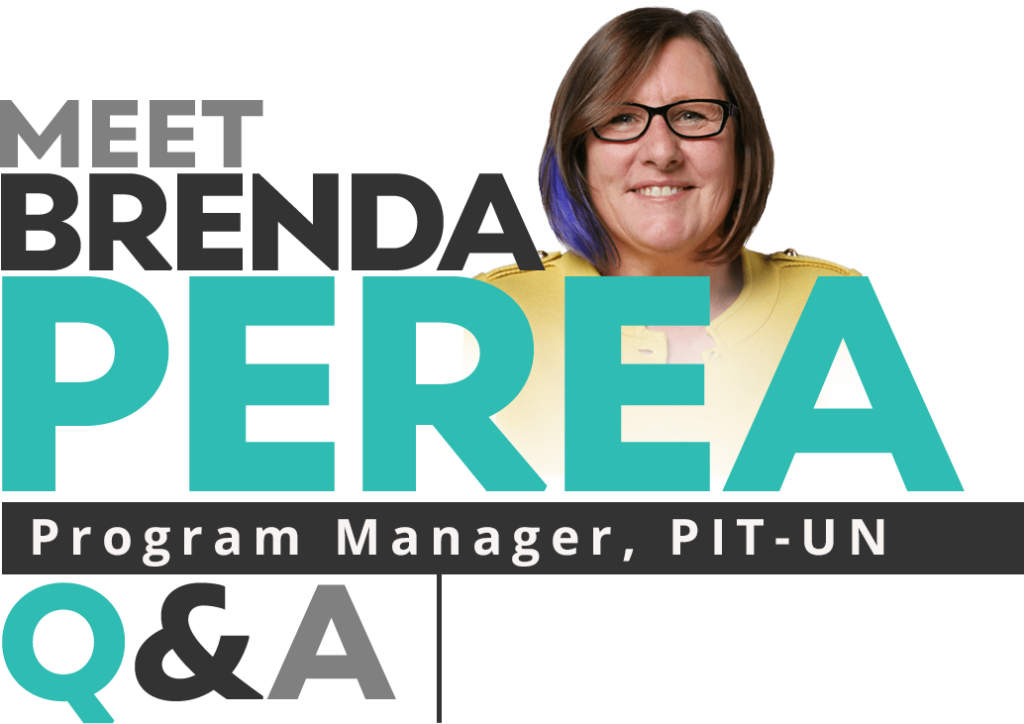

Q: Tell us what led to your new position professionally.
Brenda Perea: I have been in the emerging tech space since 2011 with the Open Badges project funded by [the] MacArthur [Foundation], Mozilla, [and] HASTAC (Humanities, Arts, Science, and Technology Alliance and Collaboratory). I’ve been involved in working groups that develop and shape emerging technology such as block chain, verified identity work with W3C, GDPR, the digital work being led by the International Council on Badges and Credentials out of Germany, the early work of credential engine, and T3’s work with digitizing comprehensive learner records. I just came from a SaaS startup that now holds millions of data points and the value of the data points is worth more than the actual company. What is alarming is that those data points represent individuals, and yet those individuals have no idea what their data points are being mined. And with that mining, the value doesn’t trickle down to the individual but is traded between companies. When I heard of the work PIT-UN has undertaken in partnership that fosters collaboration between universities and colleges committed to building the field of public interest technology and growing a new generation of civic-minded technologists. I knew I wanted to associate myself with an organization that is focused on ensuring emerging technology stewards understand the exact nature of the technology and the impacts to an individual and society.

Q: What excites you about the role?
BP: Actually, what excites me is connecting back into the postsecondary space where the network is focused on working collectively to innovate and drive higher expectations on technologists. The postsecondary space has the chance to shape the next generation’s attitude about technology and the value to society. That is a great and exciting place to be.

Q: Where do you hope the PIT field is in three years?
BP: I am hoping this work will build a culture of equity that enables greater innovation in technology that promotes long-term sustainability in the context of viewing technology through the lenses of social responsibility and societal “do no harm.”

Q: What are some hobbies or something unique about you?
BP: Interesting that you ask. My two passions are reading and hardscape landscaping. My passion in books led me to be appointed to the Aurora [Colorado] Library Board, where I am now the president of the board advising the Aurora City Council on matters related to utilization for all citizens free access to books including technology which became difficult during COVID.
As for landscaping, five years ago, I became a certified Colorado Master Gardener and use those skills to maintain public community gardens and teach residents about plants, landscaping, and pests impacting natural and residential spaces in the state of Colorado.

